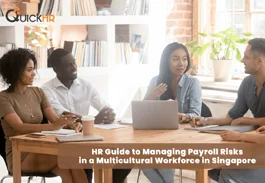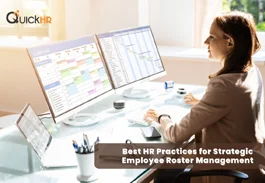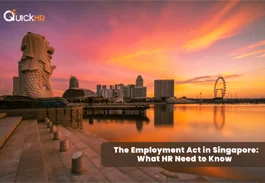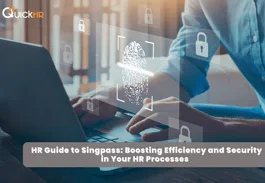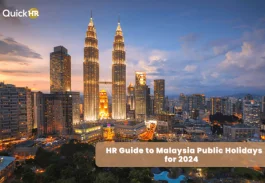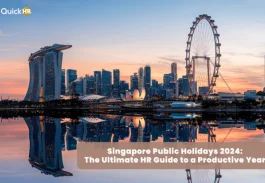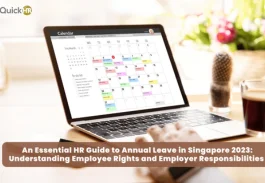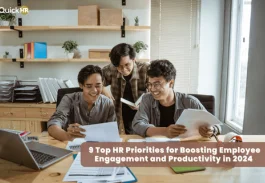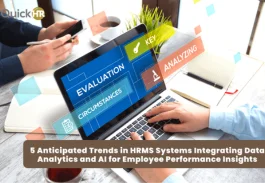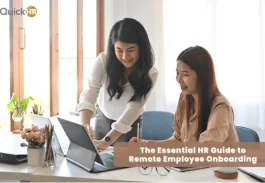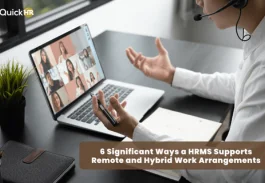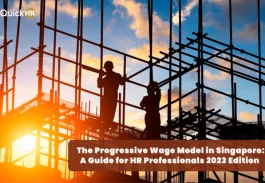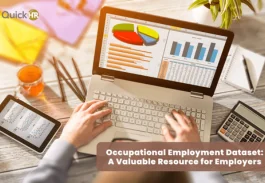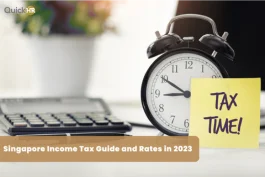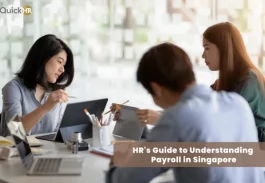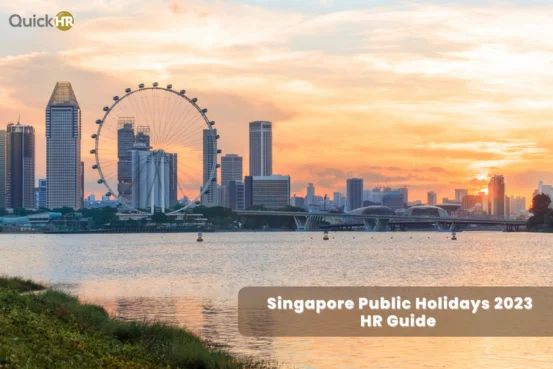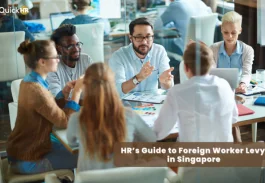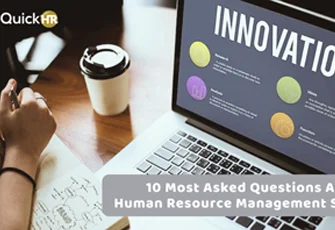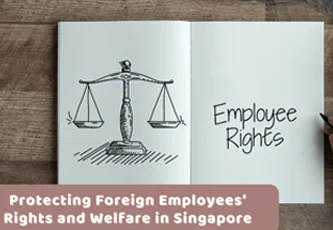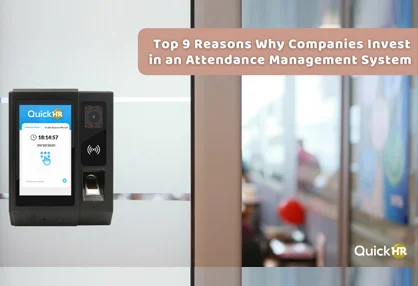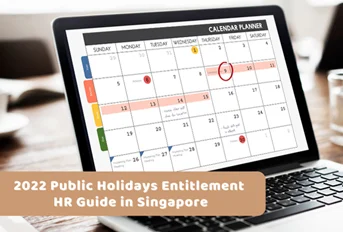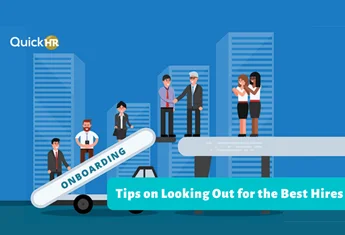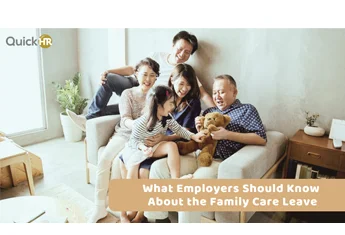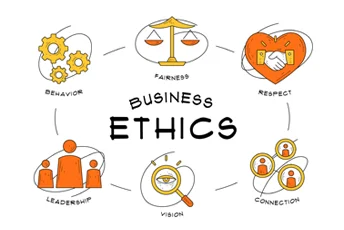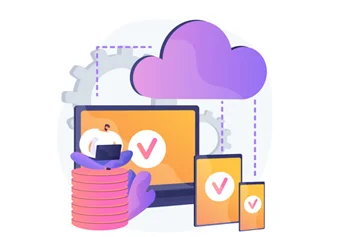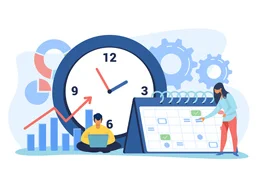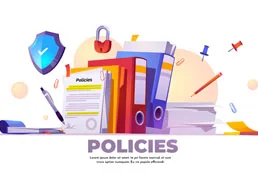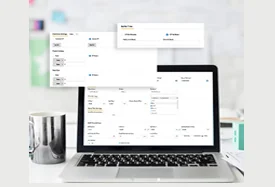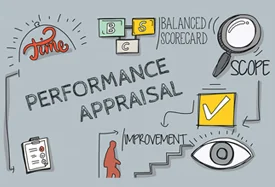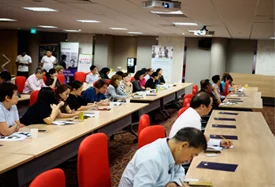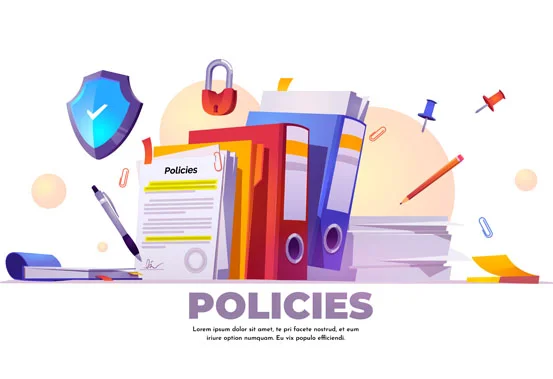
The Ultimate HR Guide for a New Employee – 5 Key HR Policies You Need to Know
Posted on 10 December 2020 in Business | Gabriel Chua
Starting off Right in a New Job
New to work? Unsure of what your employee rights are? To all the new workers out there, QuickHR is pleased to present to you the Ultimate Guide for a New Employee with 5 Key HR Policies You Need to Know.
The Policies
#1 – CPF for Part-Timers
Are you a starting a new part-time job? Yes, even in a part-time job you are entitled to CPF payments as long as you meet the following 3 criteria:
- Salary of greater than $50/month
- Are a Singaporean/Singapore PR
- Employed under a contract of service
Armed with this knowledge, do not be hesitant to advocate for your rights! Whether for a full-time or part-time job, always read your employment contract carefully before signing it. If it is unclear, take the opportunity to have a chat with HR or Hiring manager to clarify your CPF and salary entitlements.
#2 – CPF Under the SGUnited Traineeship Programme

The SGUnited Traineeship Programme was rolled out on 1st June 2020 to help recent graduates from tertiary education institutions get a start on their careers despite the current economic and financial climate brought about by COVID-19. However, what participants of this programme should note is this.
The Ministry of Manpower (MOM) [1] does not recognise an employer-employee relationship to exist under the programme. As such, as a Trainee under this Programme, you will not be entitled to CPF contributions from the organisation you are working with.
However, if you wish to build your CPF funds, it is possible to make a voluntary contribution to your personal CPF account.
#3 – Public Holiday on a Rest/Non-Working Day
As described in the Employment Act, if a public holiday were to occur on a rest or on a non-working day, you are entitled to an extra day off or a one day’s salary in lieu of the public holiday at the gross rate of pay.
For instance, this year’s Deepavali was on the 14th of December, a Saturday. Assuming a typical 5-day work week, employers are required to give employees either a day off in lieu, or a salary in lieu of Deepavali.
Do note, however, that the above does not apply to individuals who are not covered under the Employment Act. If you are one of those individuals, such benefits in lieu will be in accordance to contractual agreements that you have with your employer.
*For more information on the Employment Act, please click here [2] .
#4 – Overtime
Perhaps the most important policy you would want to take note of would be your overtime entitlement. Unfortunately, working overtime is unavoidable in most jobs in Singapore. With a study [3] showing that Singapore is ranked as the second most-overworked city in the world after Tokyo, how can you reduce your stress from working overtime? A good first step would be knowing your overtime salary entitlement
Firstly, under the employment act, an employees’ normal working hours are limited to 44 hours per week. If you are to exceed this limit, you will be able to claim overtime pay. This is applicable to:

- Workmen (employees operating machinery and performing rigorous labour) with a salary capped at $4500/month
- Non workmen who earns a salary capped at $2600/month
With regards to OT, the minimum rate of pay 1.5 times your usual rate.
Additionally, as an employee, you cannot be made to work more than 12 hours a day. Unless, in the case of unforeseen circumstances, this limit can be raised to 14 hours. And lastly, an employee is allowed to work a maximum of 72 hours per week.
Now that you are aware of your rights as an employee regarding overtime, be sure to carefully check the terms and conditions of your employment contract. To protect yourself, rather than assume your employers’ compliance, be sure to know your own rights.
#5 – Retrenchment
If you are just starting your new job, you may not currently be thinking of dismissal or retrenchment. However, in a time of crisis and recession as we are experiencing now, companies may turn to retrenchments as a way to cut costs. In the second quarter of 2020, retrenchments more than doubled, with 6,700 workers laid off [4] , up from 3,220 in the first quarter. More workers are expected to lose their jobs in the rest of this year as the recession deepens.
Firstly, what is a retrenchment? The Employment Act defines retrenchment as "dismissal on the ground of redundancy or by reason of any re-organisation of the employer's profession, business, trade or work".
Therefore, be careful that your employer does not disguise a retrenchment with another reason for dismissal, in order to sidestep retrenchment payments.
Secondly, who is entitled to retrenchment payments? Unfortunately, while an employee who works under an employer for 2 years or more is eligible to retrenchment payments, such payment is not mandated. Therefore, you should ensure that it is either in your individual contract, or in the union’s collective agreement.
If you are entitled to retrenchment payments, depending on the financial strength of the company and the industry, an average rate of retrenchment pay would be anywhere from 2 weeks to one month’s salary per year of service with the company. Unfortunately, if there was no prior agreed upon amount, in this situation you may not have much room for negotiation.
Advocating for Yourself
Many Singaporeans may be unaware of their rights as an employee and often assume that employers will correctly and fairly give them their entitlement. With these 5 helpful tips we hope that you have understood more about your entitlements, from CPF contribution to retrenchment pay outs.
If you are a HR professional, you may already be familiar with these policies. Having an open and transparent conversation with your employees can make their employee journey smoother. You may also consider using QuickHR’s award-winning HRMS. With many multi-faceted HRMS modules, include our Applicant Tracking SystemPayroll Software you will be able to ease your HR pain-points with us.
Once again, we hope that you’ve enjoyed a good read. And remember, Think Now, Think Far, Think QuickHR.
* Get in touch with us at quickhr.co to find out more about our state-of-the-art HRMS solution!
Citations:
Gan.E. (2019, September 21). Suffering burnout at work? Understand why it happens and take steps to prevent it. Today Online.
http://www.todayonline.com
Tan.S. & Seow.J (2020, September 1). Singapore sees worst-ever quarterly fall in employment in Q2 as retrenchments double: MOM data. The Straits Times.
https://www.straitstimes.com
[1] https://www.wsg.gov.sg/content/dam/ssg-wsg/wsg/sgunited-trainees/SGUT_FAQs_Trainees_Oct2020_Online.pdf
[2] https://www.mom.gov.sg/employment-practices/employment-act
[3] https://www.todayonline.com/singapore/suffering-burnout-work-understand-why-it-happens-and-take-steps-prevent-it
[4] https://www.straitstimes.com/singapore/manpower/singapore-sees-worst-ever-quarterly-fall-in-employment-in-q2-as-retrenchments
Enjoying this article? Subscribe now and never miss out on future content.
